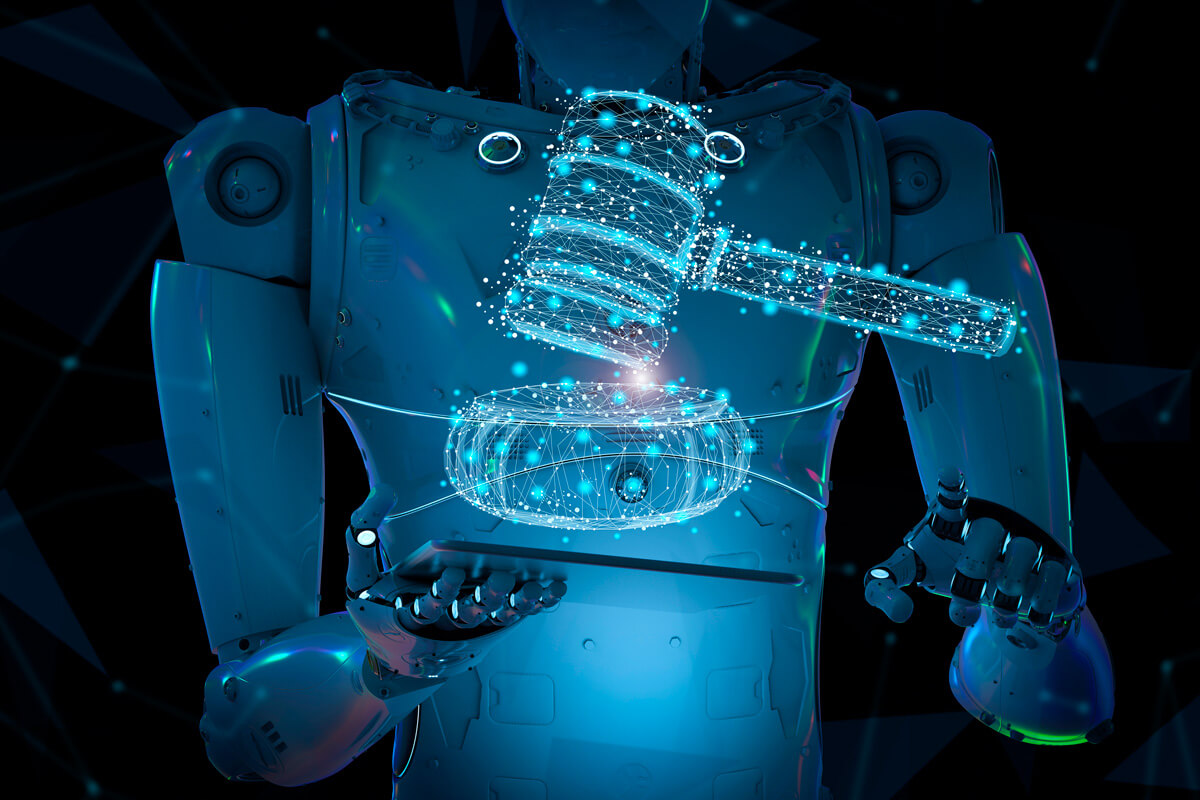Artificial Intelligence (AI) is poised to revolutionize the legal industry, bringing efficiency, accessibility, and new capabilities to both legal professionals and clients. As AI continues to evolve, understanding its future role in law is essential for navigating the opportunities and challenges ahead.
How is AI Shaping the Future of Law?
AI in law involves using machine learning, natural language processing, and advanced data analytics to streamline legal tasks, enhance decision-making, and improve client services. The technology is already transforming legal research, contract analysis, and case management, and its impact is expected to grow significantly.
Key Future Trends of AI in Law
Automated Legal Research
AI-powered tools can rapidly scan vast legal databases, analyze precedents, and summarize complex legal texts. In the future, these tools will become even faster and more accurate, saving lawyers considerable time and reducing human error in research-intensive cases.
AI-Driven Contract Analysis
Contract review and analysis are becoming increasingly automated. AI can quickly detect risks, flag unusual clauses, and suggest modifications. As AI improves, it will likely handle more complex contract negotiations, making legal processes faster and more cost-effective.
Predictive Analytics in Case Outcomes
AI systems can analyze previous court decisions to predict the likelihood of winning a case. In the future, these predictive models will become more sophisticated, assisting lawyers in strategy development and helping clients make informed decisions about litigation.
Virtual Legal Assistants
AI-powered chatbots and virtual assistants are expected to provide immediate, basic legal advice to clients. These tools will become more intuitive, potentially offering 24/7 support for routine legal inquiries, document preparation, and client intake processes.
Enhanced Legal Accessibility
AI has the potential to make legal services more accessible and affordable, especially for individuals and small businesses who cannot afford traditional legal fees. AI-driven platforms may democratize access to justice by providing low-cost solutions for common legal needs.
AI in Legal Compliance
Future AI tools will assist companies in continuously monitoring and ensuring regulatory compliance across jurisdictions. These systems can automatically detect policy violations or legal risks in real-time, helping businesses stay ahead of regulatory changes.
Challenges and Considerations
Ethical and Privacy Concerns
The increasing use of AI in handling sensitive legal data raises serious questions about data privacy, confidentiality, and security.
Accountability and Decision-Making
When AI systems influence or assist in legal decisions, determining accountability for errors becomes complex. The question of whether to trust AI’s judgment in high-stakes legal matters will remain a key concern.
Potential Job Displacement
While AI can automate routine legal tasks, there is an ongoing debate about its impact on employment within the legal profession. The future will likely see a shift in required skills, with a growing need for tech-savvy legal professionals.
Bias in AI Algorithms
AI models may inadvertently reflect biases present in historical legal data, potentially reinforcing unfair outcomes. Ensuring that AI systems are trained on diverse and balanced datasets will be crucial.
Conclusion
The future of AI in law promises to make legal services faster, smarter, and more accessible. However, the integration of AI must be approached with caution, balancing innovation with ethical, legal, and professional standards. By thoughtfully leveraging AI, the legal industry can embrace a future where technology enhances—not replaces—human expertise and judgment.







Leave feedback about this